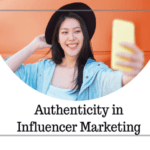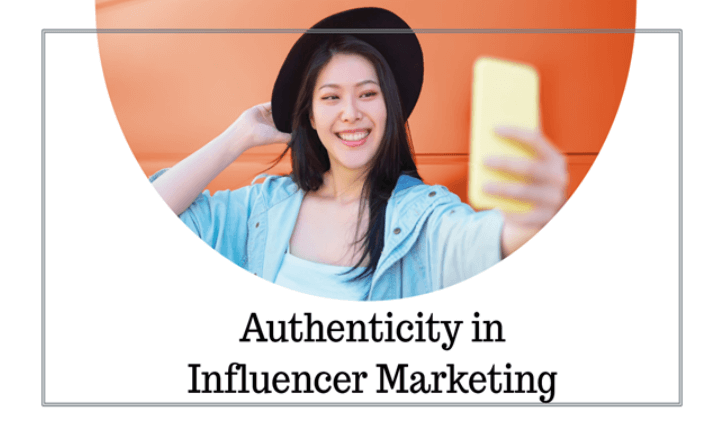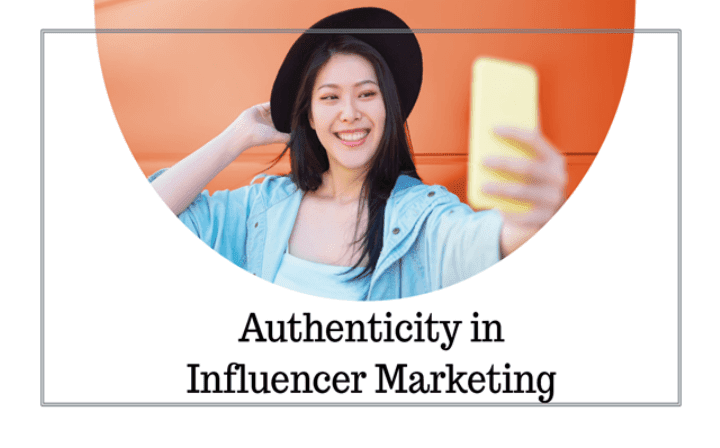In today’s digital-first marketplace, audiences have evolved. They no longer respond to traditional advertising in the same way they did a decade ago. The days of billboard dominance and TV ads commanding attention are fading fast. Instead, consumers are turning to people they trust influencers for recommendations, insights, and inspiration. This shift has sparked a revolution in marketing, moving from ads to authenticity, and positioning influencer marketing as the cornerstone of effective branding in the modern era.
The Decline of Traditional Advertising
Once upon a time, advertising was all about reach – getting your message in front of as many eyeballs as possible. But today, it’s not just about reach; it’s about relevance and trust. Consumers are inundated with content daily, and ad fatigue has become a real challenge for marketers. According to Forbes, the average person sees thousands of ads per day, but only engages with a small fraction of them.
This saturation has made people skeptical of overt advertising. The authenticity that once existed in brand storytelling has been diluted by paid promotions and repetitive campaigns. As a result, companies are searching for innovative ways to rebuild trust and that’s where influencer marketing shines.
Why Authenticity Matters in Modern Branding
Authenticity is the new currency of marketing. In a world where consumers can instantly verify facts, read reviews, and compare brands, authenticity drives purchasing decisions more than ever. People want to connect with brands that share their values and speak to them on a personal level.
Influencers bridge that gap beautifully. They build communities around shared interests, lifestyles, and passions. Whether it’s fashion, fitness, travel, or technology, influencers provide a sense of relatability that traditional advertising can’t replicate. Their audiences don’t just follow them, they trust them.
This emotional connection is the foundation of modern branding, allowing businesses to foster loyalty through genuine engagement rather than one-way messaging.
The Rise of Influencer Marketing
Influencer marketing has exploded in recent years, and it’s not just a passing trend it’s a fundamental shift in how brands communicate. Businesses are increasingly recognizing the power of partnering with creators who have built authentic relationships with their followers.
According to Statista, the influencer marketing industry is projected to exceed $24 billion by 2025. That growth is driven by measurable success. Brands are seeing higher ROI, stronger customer engagement, and improved trust when they collaborate with influencers strategically.
Unlike traditional ads, influencer content feels organic. It blends seamlessly into audiences’ social feeds and aligns with their interests. Whether it’s an unboxing video, a product review, or a behind-the-scenes story, influencer collaborations feel more like personal recommendations than paid promotions.
How Influencer Marketing Strengthens Branding
To understand why influencer marketing is transforming branding, it’s important to look at the strategic advantages it offers:
- Humanized Brand Identity:
Influencers give a face and personality to a brand. They translate brand values into authentic, relatable content that audiences can connect with emotionally. - Targeted Reach:
Instead of broadcasting to a general audience, brands can reach specific demographics through influencers who cater to niche interests ensuring more relevant exposure. - Enhanced Trust:
Audiences perceive influencer recommendations as more trustworthy because they come from people they already admire and relate to. This boosts brand credibility significantly. - Better Engagement Rates:
Influencer posts tend to have higher engagement compared to brand-created content, as followers actively interact with influencers they feel close to. - Long-Term Brand Advocacy:
Successful influencer partnerships go beyond single campaigns. Long-term collaborations can turn influencers into genuine brand advocates who continuously promote your products over time.
From Ads to Advocates: Why Brands Are Adopting This Model
Traditional ads tell consumers why a product is good; influencers show them. This subtle difference creates an emotional resonance that drives conversion. When an influencer shares their real-life experience with a product, followers perceive it as advice from a trusted friend, not a sales pitch.
For brands, this strategy is incredibly powerful. It allows them to move from being distant corporations to relatable voices within online communities. In other words, influencer marketing doesn’t just build awareness it builds relationships.
That’s why modern marketers are increasingly relying on influencer-driven campaigns to shape their overall branding strategies. In fact, platforms like Intellifluence are helping brands of all sizes connect with the right influencers to create impactful, authentic campaigns that elevate their reach and relevance.
The Role of Social Media in Brand Transformation
Social media platforms have amplified the power of influencer marketing. With billions of active users across Instagram, TikTok, YouTube, and X (formerly Twitter), brands now have unprecedented access to engaged audiences.
Influencers are the storytellers of the digital age. Their content doesn’t just showcase products it weaves them into lifestyles, conversations, and cultures. This storytelling approach is reshaping the entire concept of branding, emphasizing authenticity and connection over interruption and persuasion.
Moreover, social algorithms favor genuine engagement. Posts that generate organic interaction often get higher visibility, meaning influencer collaborations can yield more exposure at a lower cost compared to traditional paid advertising.
Challenges and Opportunities Ahead
While influencer marketing offers immense potential, it’s not without challenges. Brands must choose their collaborators wisely. Aligning with influencers who genuinely share a brand’s values is essential otherwise, the partnership may come across as insincere.
Additionally, transparency is key. Clear disclosures about paid collaborations maintain trust and comply with advertising regulations. As audiences become more discerning, authenticity and honesty will remain the driving forces behind effective influencer strategies.
The opportunity lies in cultivating long-term partnerships rather than one-off deals. Continuous collaboration builds stronger connections between influencers and brands, fostering sustainable growth and recognition.
Conclusion: The Future of Branding Is Human
In the evolving landscape of digital marketing, the path from ads to authenticity is clear. Consumers crave real connections, and influencer marketing delivers exactly that. It transforms traditional campaigns into genuine conversations, turning followers into fans and customers into communities.
Brands that embrace this change will not only enhance visibility but also build trust, the most valuable asset in modern marketing. By leveraging platforms like Intellifluence, companies can tap into a global network of creators and supercharge their next brand launch with the power of authenticity.

“Certified tv guru. Reader. Professional writer. Avid introvert. Extreme pop culture buff.”








More Stories
Samsung Quantum Dot TV: Art meets technology
Pitch: €56m for energy startup Reverion
Plastoplan: Plastics for Energy Transition